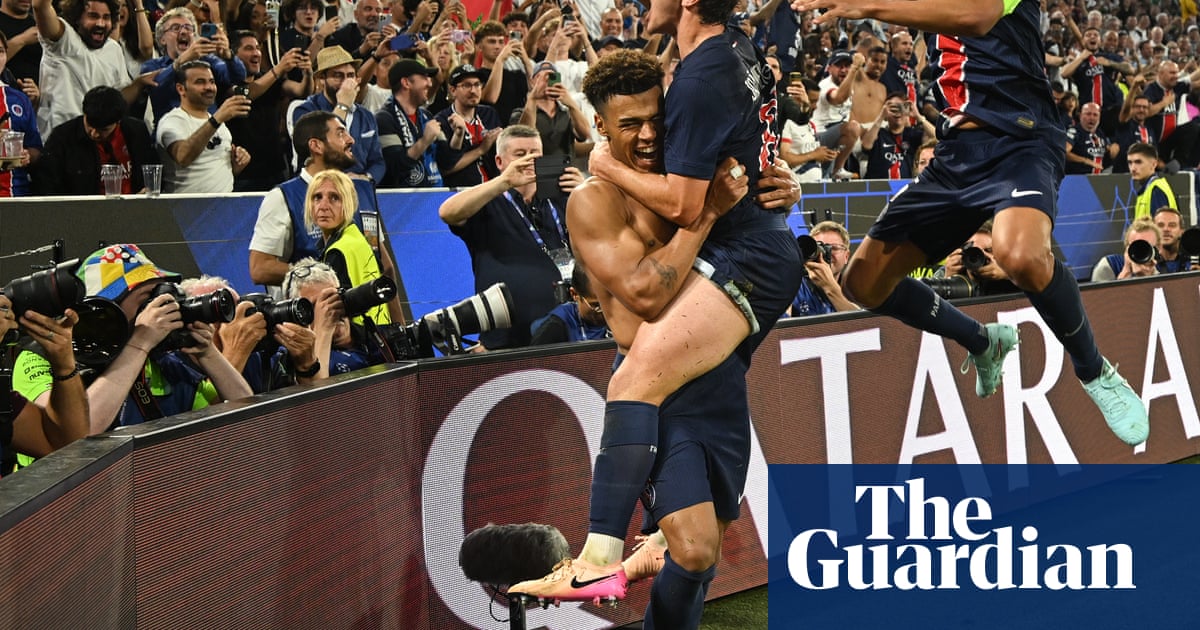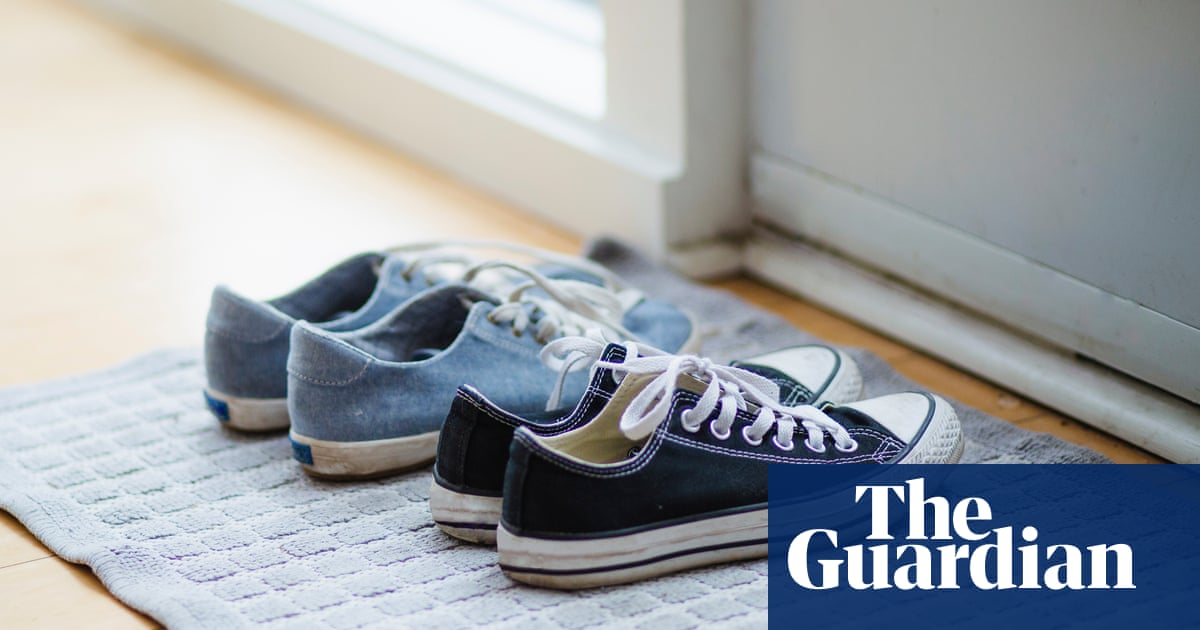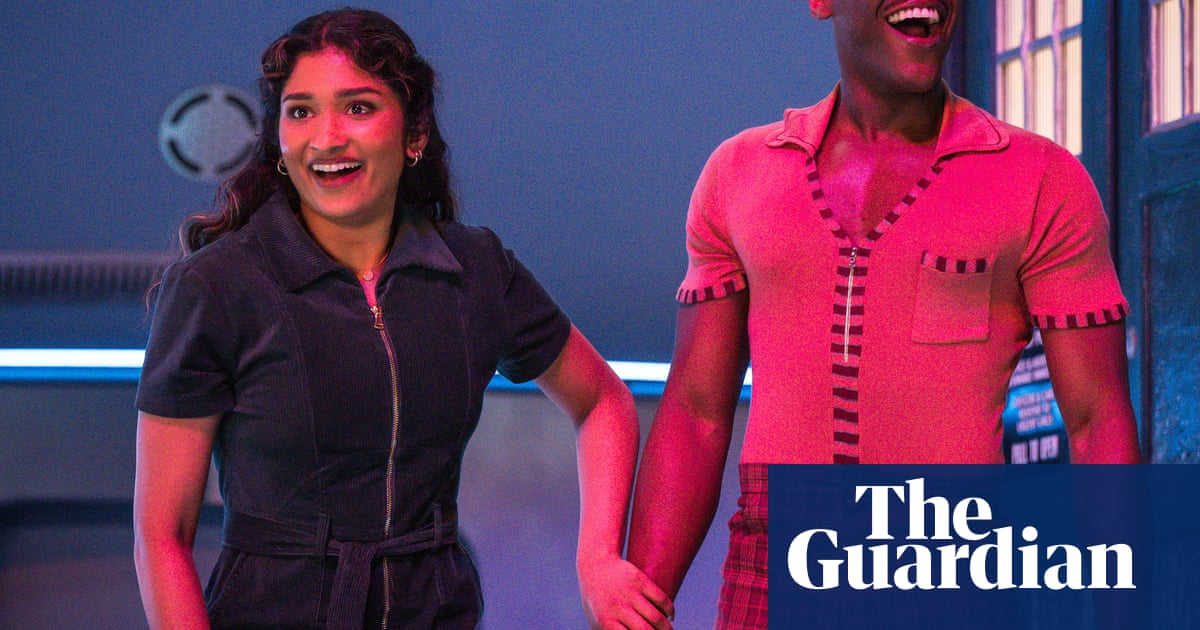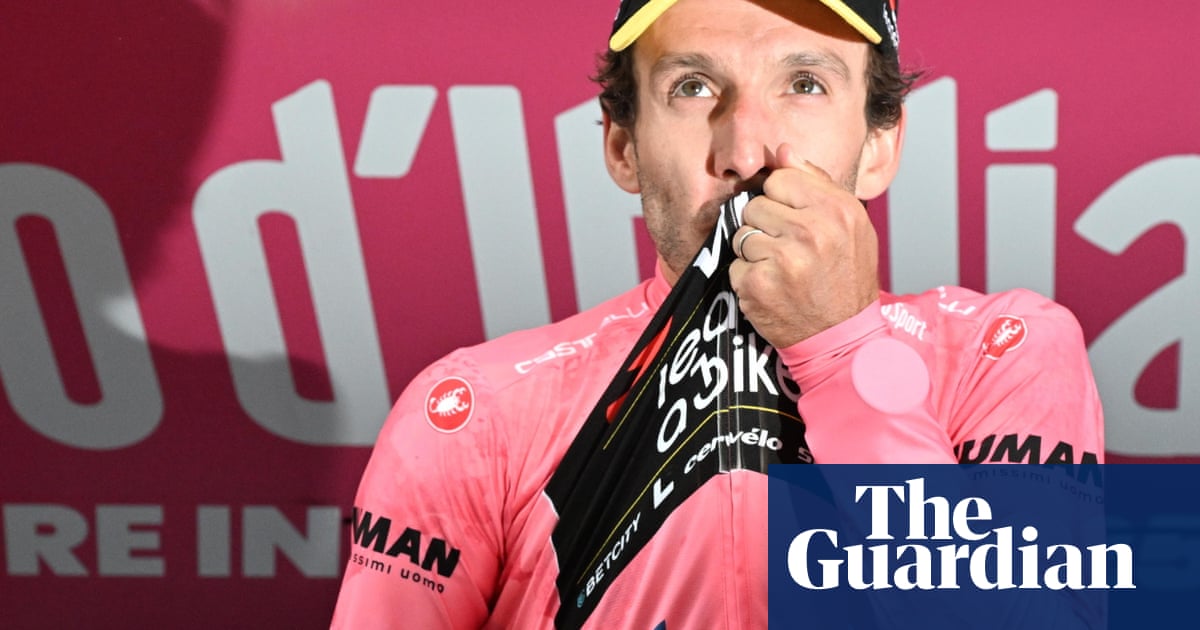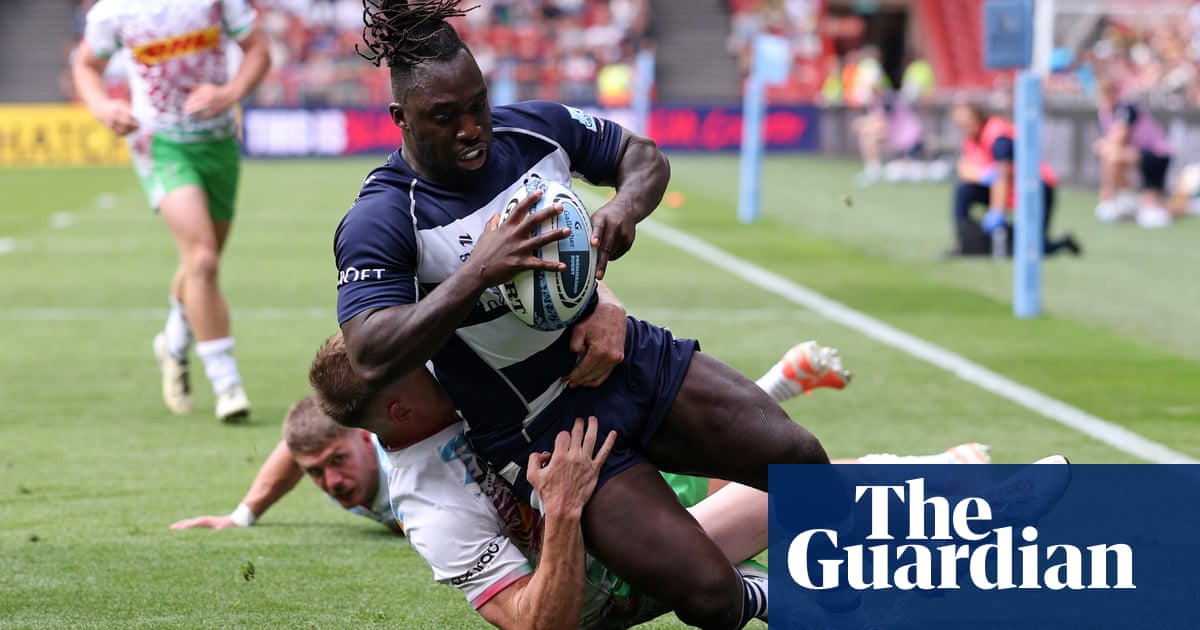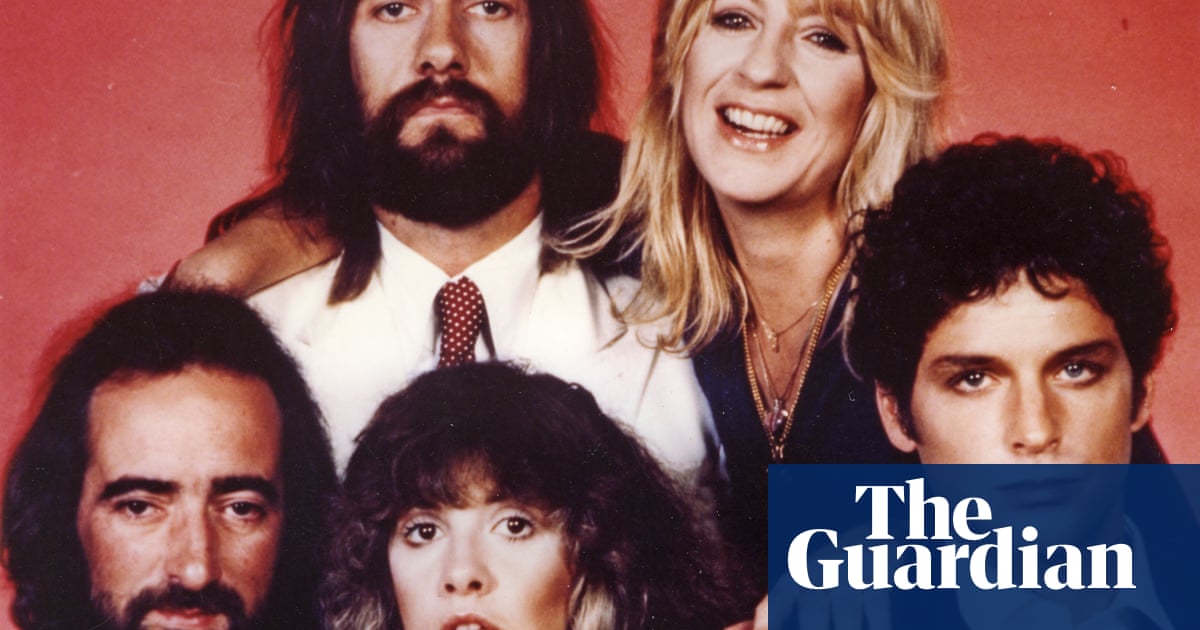‘Find a new partner and have a go at frogging,” says Jennifer Jackson to the group of women assembled around her. They all drop into squats and start pushing each other’s knees, trying to make their opponent fall over. On a rainy Saturday afternoon in south London, the women, wearing sweatpants and smiles with giddy energy, are learning some judo and wrestling moves, how to flip each other’s bodies over on a mat, and the basics of defence through a game called Sticky Hands. “I liked the grappling on the floor,” says one of the group, 26-year-old Becky. “I couldn’t stop giggling while we were doing it.”
Jackson, a calm presence at the centre of the room, was a teenage judo champion. She’s also a performer, theatre maker and movement director, who has worked on shows including I, Joan at Shakespeare’s Globe, Cowbois at the RSC and her solo show Endurance, about ultrarunning and resilience, which landed at the intersection between theatre, dance and sporting spectacle. Today she’s training up a Girl Gang, which will form part of the cast for her show WrestleLadsWrestle, which premiered last year in Manchester and is embarking on a tour. In each venue she forms a new amateur cast, assembling women in Sheffield, Cambridge and this group in London.
Much in the same way Buffy the Vampire Slayer activated all the potential slayers at the series’ climax, rather than keeping power for herself, Jackson aimed to show all women their potential. “I wanted a real cross-section, as if somebody who’s working in accounts suddenly heard the call and they left the office and kept walking and landed in the theatre and ended up on stage.” One of the new Girl Gang, Ece, 22, admits: “I was far out of my comfort zone. It’s not very often that you go round pushing people. But it was good. I did feel empowered.”

“We’re much stronger than we think we are,” says Jackson, talking about how women can discover how to use their own weight, their centre of gravity and the huge amount of power in their legs to stand their ground, rather than heed society’s messages “to be slimmer and slimmer and reduce our body size and our visibility in the world”. And also just to have fun. “Wrestling and rolling around on the floor and getting carried away, I just really love that,” says Jackson, “and it feels like a rebellious thing to do still, which it shouldn’t be.”
The story of WrestleLadsWrestle comes from a personal memory, when Jackson was growing up in the Midlands and witnessed her Bolivian mother being racially abused in a checkout queue. She remembers her 4ft 11in mum shrinking in the presence of a tall, older man. “My memory is of her making herself invisible,” says Jackson. “It was a moment of powerlessness.” It wasn’t long after that that Jackson’s mum sent her and her siblings to a dojo to learn judo. “She gave her children the gift of self-defence, or the gift of violence, however you choose to look at it.” The show Jackson has made is in part wish fulfilment, an expression of all the times she imagined fighting back like a mini superhero, the clever things she should have said; it’s also a feminist battle cry and “a really joyful reclamation of space, and this memory”. But it’s also about memory itself, and how our black-and-white narratives often aren’t all they seem.
Teenage Jackson never took her fighting skills outside the dojo – “I was actually really quiet at school, but in competition I was really confident” – but she does remember specialist self-defence teachers coming to the judo sessions. All the men would go off and do weight training while the girls would have a workshop on how to convert their judo skills into something they could use in a real-life attack. Everyone took that to be completely normal: the onus on women to defend themselves rather than men not to attack women.

Through judo, Jackson learned to evaluate risk, she says. And her training was hugely formative in many ways. “I got to learn how to use my body beyond the aesthetic,” she says. What mattered was what her body could do, not what it looked like. “I also got a real sense of the direct correlation between the work you put in and the mastery of things. I think dancers and musicians also feel that. For acting, it’s more nebulous.”
What Jackson wants to give the women in her Girl Gangs is a chance to play out a version of themselves they haven’t inhabited before. The age range across the different cities is wide, with some women in their 60s. They all gave themselves wrestling names. “One called herself the Granny Grappler,” says Jackson. “I’m just loving it for her. She’s really strong and capable and brilliant. And another of our over-60s called herself the Ovarian Barbarian. Hilarious!”
-
WrestleLadsWrestle is at the Playhouse, Sheffield, until 15 February; Battersea Arts Centre, London, 4-8 March; and Cambridge Junction, 19-20 March

.png) 3 months ago
43
3 months ago
43

